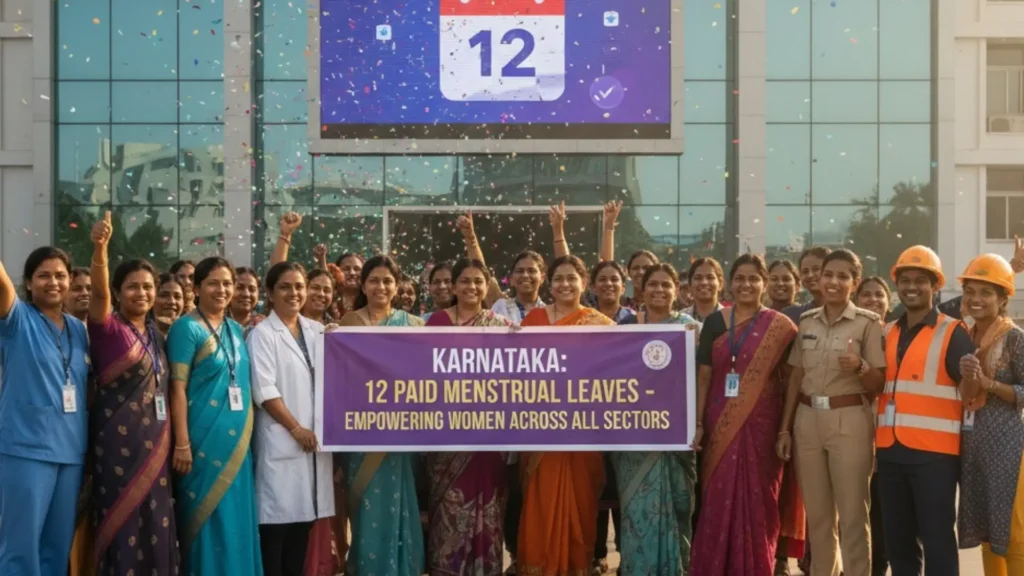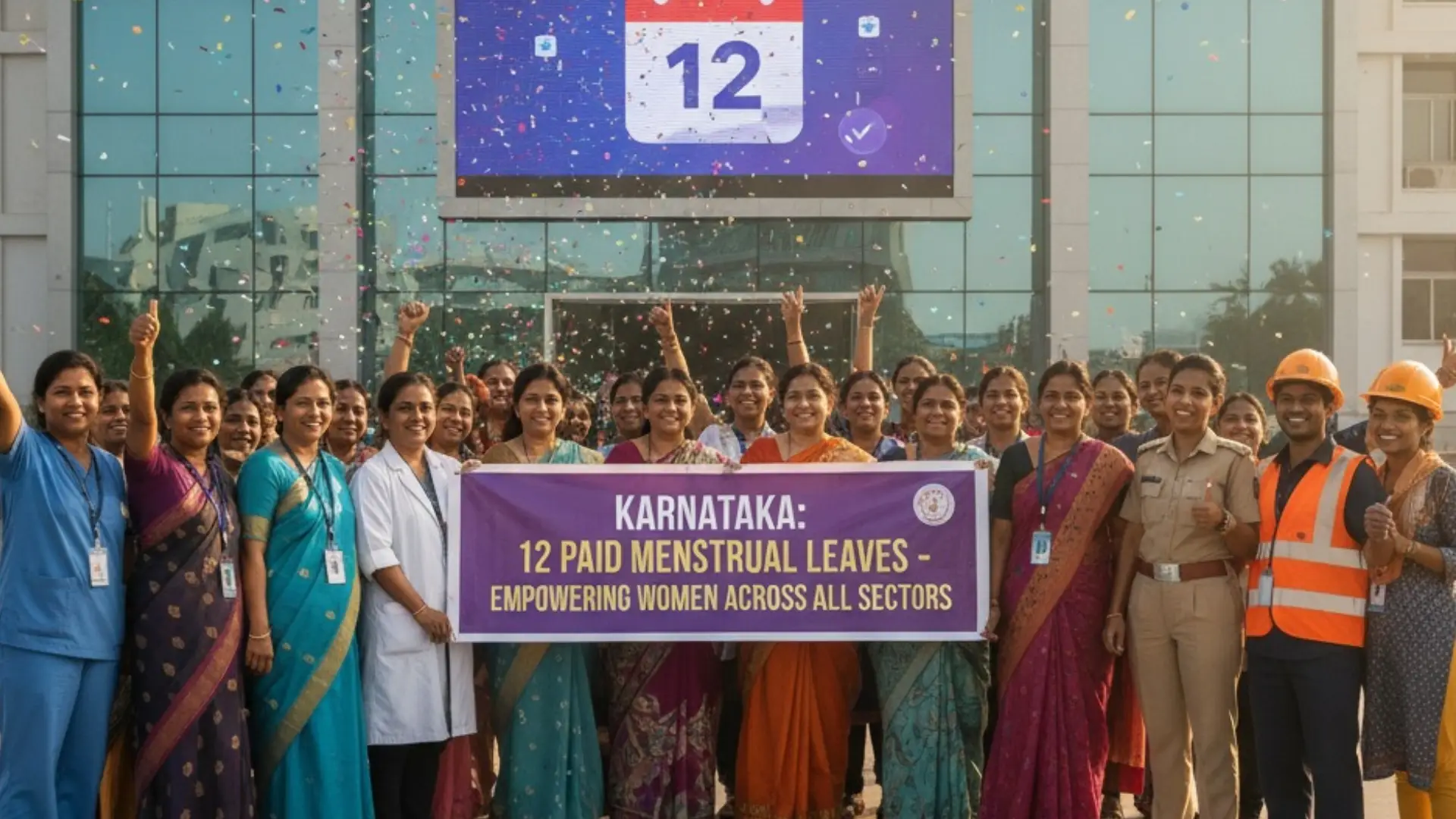Karnataka has greenlit a pioneering policy, offering one paid menstrual leave per month to women across all employment sectors, potentially impacting over 5 million individuals. Championed by Chief Minister Siddaramaiah, this initiative seeks to cultivate a more empathetic and supportive work environment. Karnataka now stands alongside Bihar and Odisha in providing such benefits, with the forthcoming Karnataka Menstrual Leave and Hygiene Bill, 2025, suggesting an allotment of 12 days annually for women in the workforce.
During a session chaired by Chief Minister Siddaramaiah, the Karnataka cabinet sanctioned a policy providing one paid menstrual leave each month (totaling 12 annually) for women employees spanning various sectors – encompassing government entities, garment manufacturing, IT corporations, multinational companies, and private industrial enterprises. This measure is projected to positively influence over 50 lakh women within the state, with formal notification of the policy anticipated shortly. Chief Minister Siddaramaiah emphasized that this policy represents a stride toward establishing a more compassionate, understanding, and inclusive professional sphere.
Through this action, Karnataka aligns with Bihar and Odisha in extending menstrual leave privileges to women employees. While Bihar limits this provision to female government personnel (granting two days monthly), Odisha extends 12 days of such leave per year to women employees across all sectors.
The Law Commission of Karnataka has formulated the Karnataka Menstrual Leave and Hygiene Bill, 2025, advocating for 12 days of leave for employed women and two days each month for students. Among the 75 stakeholder responses received, 56 expressed support for the proposal. The draft stipulates a penalty of up to Rs 5,000 for employers who deny leave or engage in discriminatory practices against menstruating employees.
According to the government’s Periodic Labour Force Survey, Karnataka demonstrates one of the highest rates of female labor force participation in the nation, recorded at 31.5%. Bengaluru, a metropolis of 14 million residents, serves as headquarters for numerous startups and MNCs, including Walmart and Google, as well as prominent Indian tech firms like Infosys and Wipro.
Labour Minister Santosh Lad stated that the policy’s development spanned the past year. He noted, “Women bear significant responsibilities, ranging from household duties to childcare. Menstruation can induce physical and mental strain. A committee had initially proposed six days of leave per year, but the government opted to grant 12 days of paid leave annually.”










